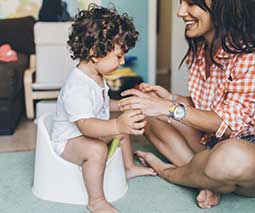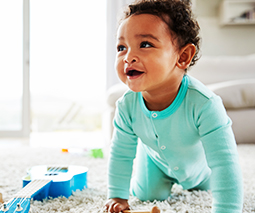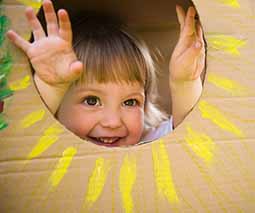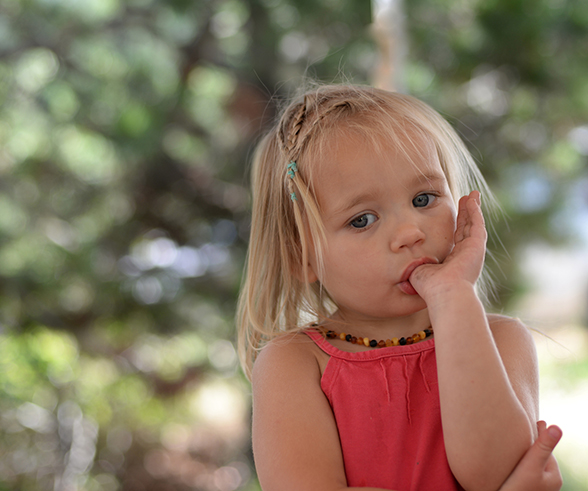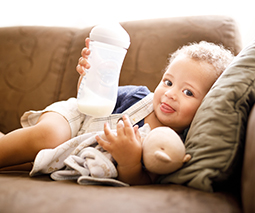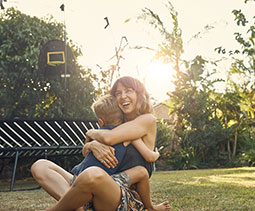How to parent an extroverted child when you are the opposite
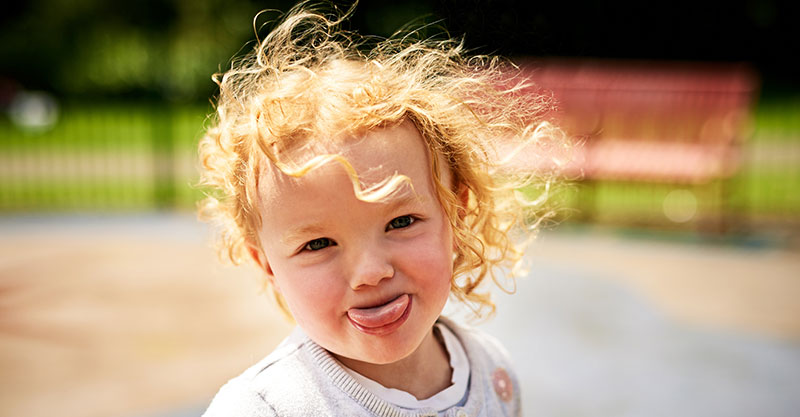
Prefer to stay out of the spotlight but your child is the complete opposite? Read on!
We live in a society that rewards extroversion. From social media to dinner parties, a loud and charismatic personality earns favour with its audience. Society is biased towards the boisterous, the colourful, the enigmatic.
But what if you are someone who prefers to shy away from the limelight? And top of mind for all of the introverted parents among us, what is the impact of these feelings if you happen to be parenting an extroverted child?
We’re so different, how can I connect to my child?
It can be daunting for an introverted parent to see their child easily moving through crowds, seemingly tireless after a day of interaction. You may feel pressure to keep up or find yourself thrown into situations that you normally wouldn’t dare enter. You may wonder: how can I connect with a child who is so foundationally different than I am?
But the truth of the matter is: life is not black and white. Extroversion and introversion are on the same continuum. With introversion comes a certain degree of extroversion, and vice versa. It is important to ensure that your narrative – the story you tell yourself about yourself – embraces the entire continuum that exists within both you and your child, while celebrating the details that make you both unique.
Your extroverted features – and yes, you do have an extroverted side, despite any beliefs to the contrary! – will be most evident when you are with those who are closest to you. There are beautiful and meaningful connections happening within your parent-child relationship, no matter where each of you happens to sit on the extroversion-introversion continuum.
Listen to Feed Play Love: What is it like to have a gifted child?
How can you keep up with your extroverted child?
As an introverted parent, you might wonder how do you keep up to your extroverted child? Remember, he has introverted parts of him, too. So while it may seem that he is endlessly active and energised by the people around him, he can also benefit from learning the art of ‘recharging’.
With you as his role model, you can help to show your child the magic of quiet. In these moments of reading, play, or simply just resting, a child can begin to realise and develop all of the beautiful qualities that lie within him. After the original discomfort of boredom – trust me, there will be protests! – has worn away, your child will be able to access a world of imagination and independence that isn’t always available when caught up in loud, animated groups.
It is also helpful to really consider the labels that you’ve placed on both you and your child. Is it true that you don’t like being around other people? Is it true that you are depleted by loud, busy environments? Or is it that somewhere along the way you picked up this supposed truth about yourself and now it has been incorporated as part of how you understand yourself? The same goes for your perception of your child. How did you determine that she is an extrovert? Did this label come from her quiet mutters of, “I’m bored” when she finds herself alone? Has she been given the opportunity to sit quietly with herself and see what unfolds?
Challenge your own stories about yourself
What if you challenged some of those supposed truths just a little bit, and replaced the running script you have about that with something else, such as exchanging “I hate crowds – why did we come to this party?” with “I love celebrating”? You might be surprised to find what new “truths” are uncovered when you challenge your own stories about yourself and/or your child.
Despite your apparent differences, the bottom line is: what a child needs the most is time with his or her special big person, and that can happen in a variety of environments.
Read more about temperaments:
- Shy vs loud: How a child’s temperament HUGELY influences your parenting style
- Making friends: When shyness is cause for concern
- “Normal and healthy”: 7 ways to celebrate your shy child
Have you reached your capacity for hub-bub?
In a world of extroversion, it is also important to recognise your own needs. If you decide to attend the birthday party but realise that you have reached your capacity for ‘hub-bub’, it is OK to quietly excuse yourself for a reprieve, or to sit off to the side without feeling guilty for not engaging with guests. Your child is watching you tend to your needs, and if you do so, he or she will recognise the importance of less ‘people-pleasing’ and more self-care.
If your extroverted child does ask you to step outside of your comfort zone more frequently than you would like and you find that this really isn’t to your higher good or that of your child, consider turning to your village:
- Do you know any other introverted parents with extroverted kids? What about the kids getting together for a play so each parent is still hanging on their own and the kids are getting to discharge?
- It is OK for you to not be at every single kid’s party and gathering – send your little one with a friend and have some quiet time.
- You can structure a bit of settled time into your day where your child is encouraged to be bored and hang out independently (with your safe supervision of course), while you have a bit of space to do the same for your introverted self.
- Do you have some other big people in your life that can spell you off for a bit of time here and there? It’s OK to take that time.
All you need is creativity and patience
Remember that no matter your differences, you are the big person that is the centre of your child’s universe; you are the guide they want to follow. Differing personalities do not make nor break this connection; instead, they may require a bit of creativity and some patience.
Recognise the narrative that you have written – do some digging to determine exactly WHY you are uncomfortable in certain situations and where those feelings might originate. Practice the art of self-care and seek the assistance of your village in times when it’s all just a bit too much.
Despite your differences, your connection with your child triumphs over all discomforts and social situations. And that is the most important part of your story.
This post was originally published on Kinderling Kids Radio. Download the Kinderling app for more great stories.
